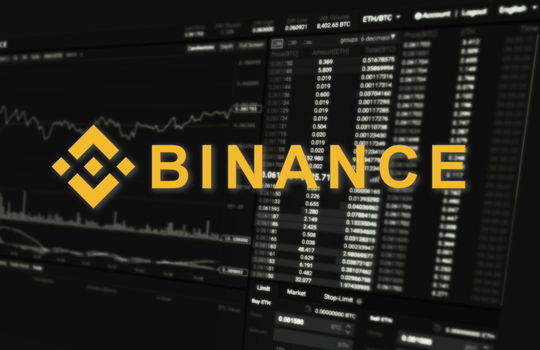
Binance, the world’s largest cryptocurrency exchange in terms of daily trading volume, has moved to clearly highlight its separate trading entities after Singapore’s regulator stopped local payment services by Binance.com in early September.
The Monetary Authority of Singapore (MAS) put Binance.com on its investor alert list and said Binance must “cease providing payment services which are regulated under the Payment Services Act to Singapore residents and cease soliciting such business from Singapore residents”.
“MAS has reviewed Binance.com’s operations and is of the view that Binance, the operator of Binance.com, may be in breach of the Payment Services Act,” the MAS said.
After the MAS announcement, Binance.com dropped various Singapore product offerings from Friday, 10 September, including trading pairs and payments options in Singapore dollars, and removed its mobile app from the Singapore iOS and Google Play stores.
Binance said in a statement that the Binance.com platform provides various products and services to global customers, while Binance Singapore is a separate entity.
“The Monetary Authority of Singapore (MAS) has placed www.binance.com (Binance.com) on its Investor Alert List to inform the public that the platform Binance.com is neither licensed nor authorised by the MAS to provide payment services to Singapore residents under the Payment Services Act,” it said.
“Please note that by trading on Binance.com, you understand the risk that the assets you have with Binance.com are not protected or supervised by the MAS.”
Binance’s local entity in Singapore, Binance Asia Services (Binance Singapore), continues to offer cryptocurrency services under the transitional arrangements of Singapore’s Payment Services Act, whereby the MAS grants companies an exemption from holding a licence for digital payment token services until their licence application is approved, rejected or withdrawn.
Binance Singapore operates only through the binance.sg website, which has more limited functionality and fewer product offerings than its offshore counterpart.
It has been ordered to stop any transfer of assets between itself and Binance.com
Singapore’s alert about Binance is just the latest in a long line of warnings from regulators – including the US, UK, Germany, and Japan – that the offshore crypto exchange is either not compliant with local laws or operating without proper authorisation.
The company is reportedly registered in the Cayman Islands but the Cayman Islands Monetary Authority (CIMA) noted in July that Binance, the Binance Group and Binance Holdings Ltd are not authorised to operate cryptocurrency services in the British overseas territory.
To help address these issues, Binance has been looking to appoint experienced businesspeople, compliance experts and former regulators to improve its image and credibility, and to work constructively with regulatory authorities worldwide.
In August, Binance named Richard Teng as the new chief executive of Binance Singapore. Teng is a former Singapore Exchange (SGX) chief regulatory officer, a former MAS director of corporate finance, and was chief executive of the Financial Services Regulatory Authority at Abu Dhabi Global Market (ADGM) until March this year.
